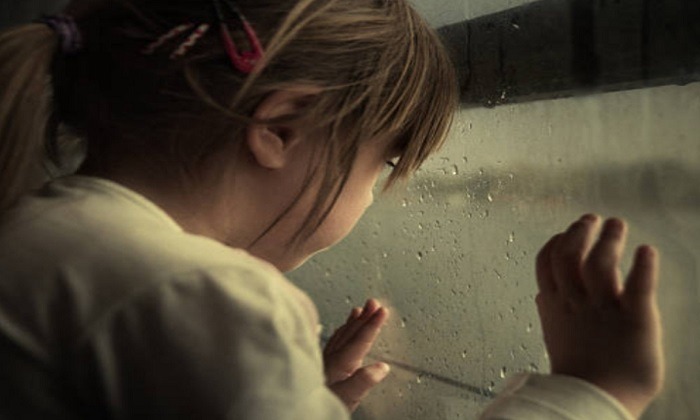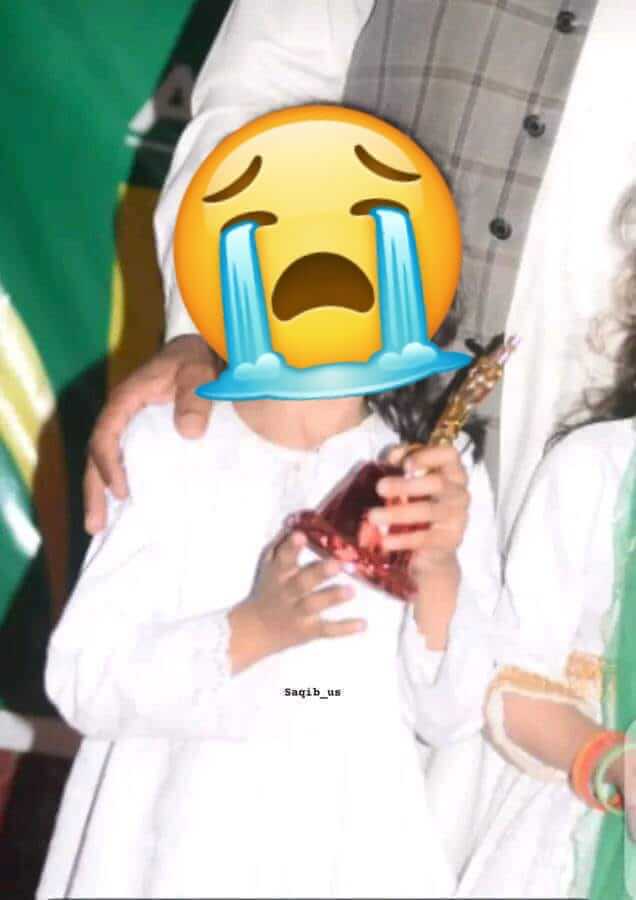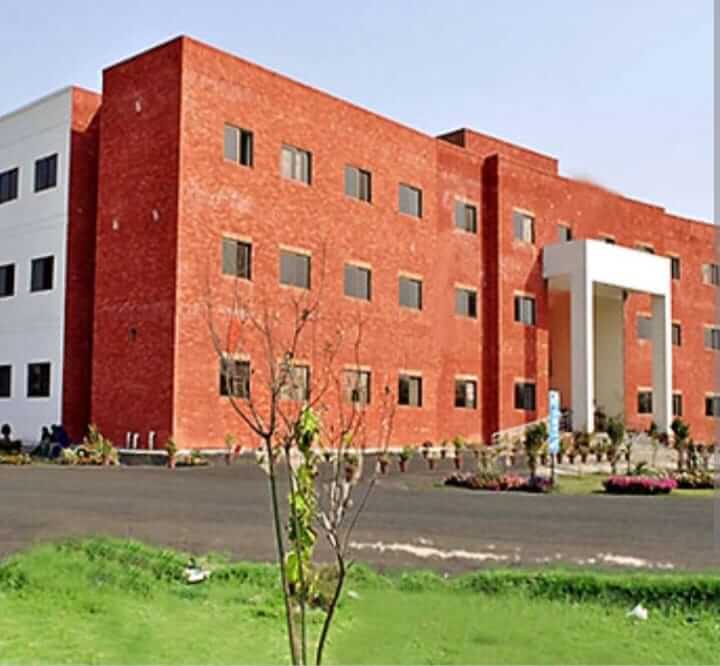A minor girl killed after rape in Islamabad
Pak Chronicle Web Desk
A minor girl killed after rape in Islamabad: A seven years old girl was sexually assaulted and later on killed in the area of Nai Abadi of Bhara Kahu Islamabad on Sunday.
The body of the girl was found in an under-construction house near Khoi stop, Bhara Kahu, Islamabad.
A girl named Eden, aged 7 to 8 years, was tortured and killed, the sources in police stated.
Meanwhile it has also been learnt that a boy named Hamza, who is stated to be 15 to16 years old has been arrested by the police in the same case.
Mehreen Bhutto takes notice of killing:
Chairperson standing committee on Human Rights MNA Mehreen Razzaq Bhutoo has taken notice to merciless killing of eight years girl. She was killed after rape in Nai Abadi Barakahu Islamabad.
In a press release issued by Media Department, National Assembly Secretariat it was stated that Bhutto has asked IG Islamabad to investigate the matter urgently.
Bhutto also asked the IG to take all steps to apprehend the criminals. She said that each member of society is responsible to avoid such tragic incident.
She also strongly condemned this inhuman incident. She said that each segment of society especially our media can play proactive role to avoid such brutal killings. She prayed for departed soul and also prayed for patience to aggrieved family.
A case of murder of a girl has been registered in Bhara Kahu police station. The post-mortem process has been completed. Police have arrested the suspects while investigating.
The investigation is being directly supervised by DIG Operations. All resources will be used to bring the accused to justice.
Alarming Rise in Crimes Against Children in Pakistan
The safety and well-being of children are paramount concerns for any society. Tragically, Pakistan has witnessed an alarming surge in crimes against children in recent years. These heinous acts, including child abuse, child trafficking, child labor, and child marriages, inflict unimaginable suffering upon innocent lives and demand urgent attention. This article aims to shed light on the gravity of the situation, the underlying causes, and the necessary steps to protect the most vulnerable members of society.
Extent of the Problem:
Crimes against children have reached disturbing proportions in Pakistan. According to various reports and studies, child abuse cases have surged significantly, indicating a widespread and deeply rooted issue. Sadly, many incidents go unreported due to societal stigma, fear, or lack of awareness. Child labor remains a persistent problem, with children forced into hazardous work conditions, depriving them of education and a nurturing childhood. Additionally, the prevalence of child marriages in certain areas perpetuates a cycle of poverty, illiteracy, and gender inequality.
Root Causes:
Several factors contribute to the prevalence of crimes against children in Pakistan. Socioeconomic disparities, inadequate education, and limited access to healthcare create an environment where exploitation becomes more likely. Weak law enforcement, corruption, and a lack of awareness and protective mechanisms further exacerbate the problem. Additionally, cultural and traditional norms, such as the persistence of child marriages, perpetuate the vulnerability of children.
Impact on Society:
The impact of crimes against children extends far beyond individual victims. It erodes societal fabric, undermines human rights, and hampers national development. Children who experience abuse or exploitation often suffer long-lasting physical, psychological, and emotional trauma, impairing their potential and well-being. This cycle of abuse perpetuates social problems, such as poverty, illiteracy, and crime, as victims may resort to criminal activities as a means of survival or as a result of psychological damage.

picture taken from internetAddressing the Issue:
Combatting crimes against children requires a comprehensive approach involving various stakeholders. The government must enact and enforce stringent laws and strengthen law enforcement agencies to ensure swift justice for victims. Public awareness campaigns and educational programs should be implemented to promote child protection, highlight the legal repercussions of these crimes, and encourage reporting. Improved access to education, healthcare, and social services can help alleviate the underlying causes that make children vulnerable to exploitation. Collaborative efforts between government institutions, civil society organizations, and communities are vital for creating a protective environment for children.
Conclusion:
Crimes against children in Pakistan have reached alarming levels, demanding immediate attention from the government, society, and international organizations. By acknowledging the gravity of the problem and taking decisive action, Pakistan can protect its children from the horrors they currently face. Investing in education, healthcare, and robust legal systems while raising awareness and changing cultural norms will contribute to a safer and more nurturing society for all children, ensuring they have the opportunity to thrive and build a brighter future.
Ends



